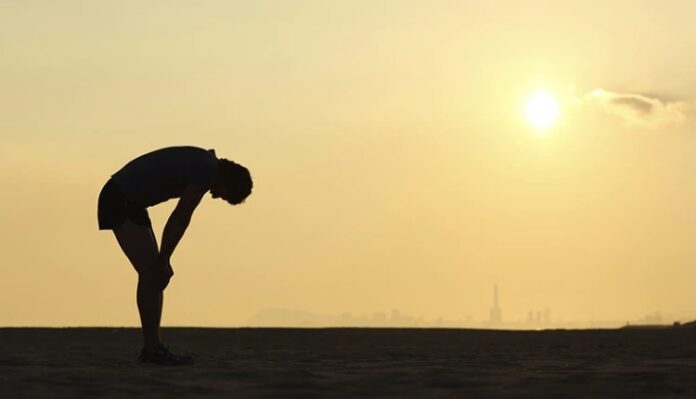For the past few days, the temperature has been significantly lower than usual for us South Indians. But that doesn’t mean it will last indefinitely.
With May just getting started, we’re likely to see more and more heat after a week. It can also affect some people to the point where the heat causes a stroke. Keep reading if you’re someone who has never been able to handle the rising temperatures. Heat strokes are a very real and dangerous problem. Let’s now look at a few tips you should keep in mind to avoid suffering from heat stroke this summer.
Tips to keep yourself safe from heat strokes:
Avoid direct sunlight during the height of the day
Try to keep your children inside between the hours of 10 a.m. and 4 p.m. It is most dangerous to be exposed to UV rays because the sun is at its most perpendicular to the earth. When it’s hotter outside, stay away from strenuous sports and exercise. Take part in outdoor activities in the early morning or late at night. Don’t forget to give your body time to warm up to shifts in temperature, especially after spending time in a cool, air-conditioned space. Try taking it easy from the shade to the sun when first venturing outside in the heat.
Wear sunscreen and allow at least 15-30 minutes
Applying sunscreen just before leaving the house is one of the biggest mistakes people make when attempting to protect their skin from the sun. This might not be the case, however, for inorganic sunscreens that include UV filters like zinc oxide and titanium dioxide. But natural sunscreens with ingredients like avobenzone and tinosorb S take some time to work and do not act immediately. A thin UV-protective layer will form after some of the creams have been absorbed by the skin or evaporated. Use a sun protection factor (SPF) that is at least 30 no matter your age or skin tone.
Drink, drink, and drink some more
One of the best ways to protect against heat exhaustion or sunburn is to keep your body from becoming dehydrated. It’s typical to see symptoms in kids like a high fever and tiredness/weakness whenever there is a depletion of fluid following periods of sweating brought on by extreme heat. Hence, make sure your child gets enough water to drink. Children, particularly those between the ages of 1-3, frequently have trouble recognising their thirst. Don’t wait for them to express a thirsty feeling; instead, assist them in developing the habit of consuming 1-1.5 litres of water throughout the day.
Allow your body to breathe
We are aware that in hot temperatures, we tend to sweat more. So it’s important to wear comfortable, loose clothing in lighter colours and made of breathable materials like cotton and linen. Sometimes changing your clothes is also an excellent idea if you observe you are sweating a great deal. Stay as far away from the sun as possible. Wear a wide-brimmed hat to protect your face and head as well. Children frequently have more neck and head perspiration. So pick hats made of lighter, more breathable materials.
Take one or two showers
On hotter days and during the summer, taking a shower every day should be expected. Even though the idea of dousing your body in warm water may not seem all that appealing, the lukewarm temperature actually assists in decreasing the body’s temperature. Additionally, it will lessen perspiration, preventing salt loss. Aside from that, don’t be afraid to take more than one shower each day. Taking a second cold shower at night will help you stay cool if you spend the entire day outdoors. This will also benefit your skin because it will wash away any dirt that has accumulated throughout the day.
Keep an eye on your diet
It goes without saying that during the summer, you shouldn’t consume the same hot, spiciness-laden foods that you would in the winter. Even if you enjoy spicy foods, try to limit your intake as much as possible. Even if you already have it, eat it with some cooling fruits to help your body balance it out. Also, don’t drink sugary drinks just because they make you feel good when you’re sweating in the sun. You won’t feel any better afterwards and your digestion will only get worse as a result. You’ll be fine if you stick to the water.


